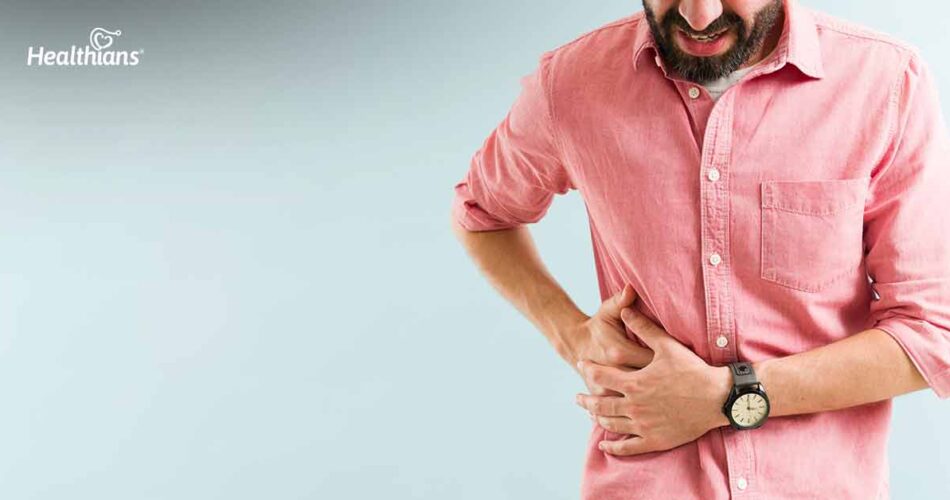Contributed by: Healthians Team
Introduction
Healthy meals can help you heal and regain strength after a cholecystectomy, which is a surgical procedure to remove your gallbladder.
Nutrition is a key part of the process of recovering after the surgery. Your digestive system needs energy and nutrients to heal.
Eating a nutritious and balanced diet can aid digestion and help you recover faster. The right foods can aid healing, reduce the risk of infection, and minimise antibiotic-related digestive problems.
In this blog, we will cover some post-operative care after a cholecystectomy to ensure fast recovery and quick return to daily life while preserving your quality of life in the long run
After gallbladder removal surgery, it is highly recommended to follow the below-mentioned recommendations.
Stick to a soft, bland diet immediately after gallbladder surgery
During the first week after surgery, easy-to-digest food should be taken, as these are gentler on your digestive system. This includes foods like bananas, white rice, boiled potatoes, and broths.
It is recommended that you consider sticking with a liquid diet like soups and clear liquids for the first few days immediately following your cholecystectomy.
Thereafter, a regular and flavourful diet can be resumed gradually while watching out for abdominal discomfort and bloating.
Consume high-fibre meals
To improve gastrointestinal motility, a high-fibre diet such as fruits and vegetables should be consumed over weeks to avoid diarrhoea, abdominal pain and bloating.
These foods make stools bulkier and softer and help bowel movements. Nonetheless, it is important to avoid eating too much of fibre rich diet that produces gas.
Cut out high-fat foods
Minimize your intake of fatty and greasy foods, during the six-week recovery period after surgery.
Consumption of high-fat foods is a sure way to trigger loose stools, diarrhoea and other uncomfortable digestion problems after your cholecystectomy.
Pay special attention to foods high in fat, such as processed food, gravies, sauces and dressings. These products often contain saturated fats and trans fats.
Eat more frequently and smaller meals
After your surgery, you should have smaller, more frequent meals, especially if you are struggling with uncomfortable gas, cramps or stools after your surgery.
Large portions are often hard to manage after surgery and put stress on the digestive system. It is recommended that instead of eating breakfast, lunch and dinner, the meals should be spread evenly throughout your day.
Incorporate gentle physical movement
In the first 2 weeks after surgery, strenuous activities or physical exertion is not advised. Lifting heavy objects, moving furniture and mowing the lawn must be avoided as it substantially aggravates the pain.
After a month, physical work can be gradually resumed. Studies show that short-distance walking can boost post-surgery healing and recovery. It is important that you talk to your doctor about exercise after your gallbladder surgery.
Practice good sleep hygiene
For the first two to three weeks following surgery, it’s essential to get enough rest. Make sure that you are surrounded by a clean, calm environment to rest in while you heal.
It is ideally recommended to sleep for 8 daily, to speed up healing and recuperation. You’ll want to avoid erratic sleep patterns and excessive caffeine or alcohol consumption as these can affect the quality of your sleep.
Avoid stress
In addition to physical health, mental wellness is crucial after surgery. It is essential to maintain a worry-free attitude and practise effective stress management practices at home while adhering to the surgeon’s recommendations.
Final thoughts
Keep in mind that you can expect to live a perfectly normal life after gallbladder surgery. You may experience temporary side effects related to the way your digestive system one to four weeks after your cholecystectomy.
However, any digestive side effects should go away gradually. If your symptoms continue after 30 days, then you should visit the doctor to minimize the risk of postoperative complications that might develop after surgery.
Moreover, you should also frequently opt for health screening. It provides you with vital insights into your health, allowing you to take necessary measures to improve it.




